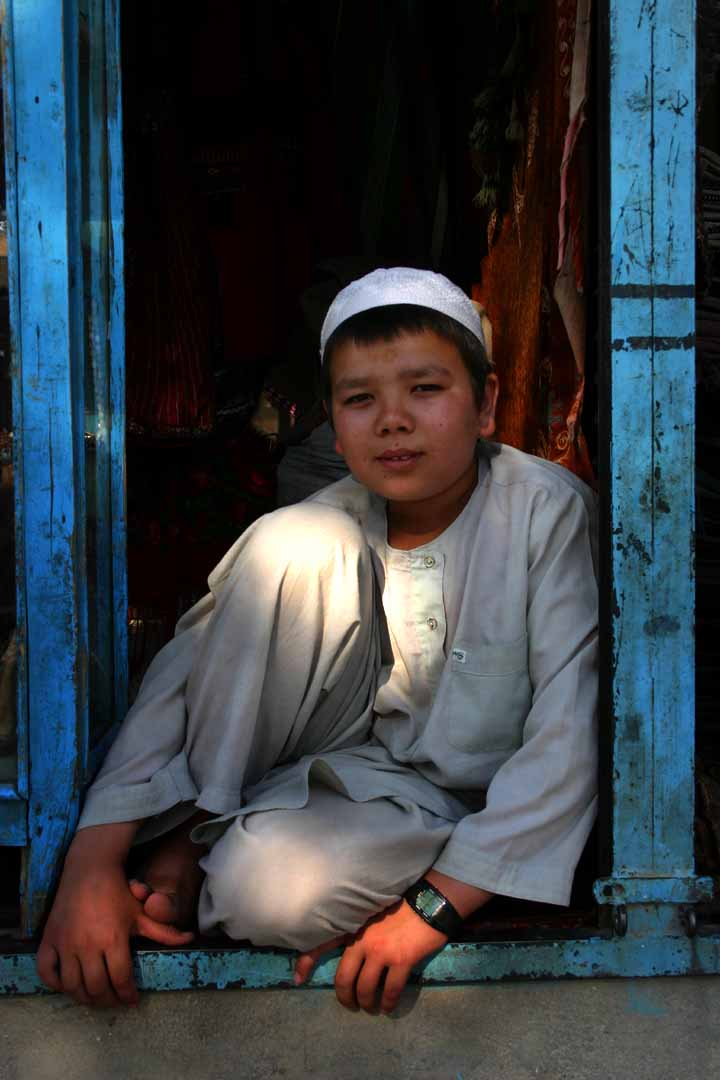  HazaraEthnicity HazaraEthnicity
|

|
Sigma KEE - HazaraEthnicity


|
|
HazaraEthnicity
|
|
The Hazaras speak Farsi and are mostly Shi'i Muslims (primarily Twelver Shi'i, some Ismaili Shi'is), yet there are also some Sunni Muslim Hazaras. They settled in Afghanistan at least as far back as the 13th century. Hazaras have always lived on the edge of economic survival. As a result of Pashtun expansionism in the late 18th and early 19th centuries which was fueled by Sunni prejudices against the Shi'i (thus attracting the help of the mostly Sunni Tajiks and Uzbeks) the Hazaras were driven to the barren dry mountains of central Afghanistan (the Hazarajat) where they live today separated into nine regionally distinct enclaves. The Hazaras are primarily sedentary farmers practicing some ancillary herding. Many Hazaras also migrated to the major towns, particularly Kabul where they occupied the lowest economic rungs. It is perhaps this economic deprivation which caused the Hazaras and other Shi'i to organize politically during the 1960s and 1970s and concentrate on gaining political autonomy for themselves during the Soviet occupation. During the Soviet occupation, the Soviets abandoned any pretense of controlling the region. During this time, the Hazaras engaged in a violent civil war.
|
|
Relationships
|
|
|
|
| Instances | AutonomousAgent | Something or someone that can act on its own and produce changes in the world. |
| | Collection | Collections have members like Classes, but, unlike Classes, they have a position in space-time and members can be added and subtracted without thereby changing the identity of the Collection. Some examples are toolkits, repeated actions, football teams, and flocks of sheep. |
| | Entity | The universal class of individuals. This is the root node of the ontology. |
| | EthnicGroup | A GroupOfPeople whose members originate from the same GeographicArea or share the same Language and/or cultural practices. |
| | Group | A Collection of Agents, e.g. a flock of sheep, a herd of goats, or the local Boy Scout troop. |
| | GroupOfPeople | Any Group whose members are exclusively Humans. |
| | Object | Corresponds roughly to the class of ordinary objects. Examples include normal physical objects, geographical regions, and locations of Processes, the complement of Objects in the Physical class. In a 4D ontology, an Object is something whose spatiotemporal extent is thought of as dividing into spatial parts roughly parallel to the time-axis. |
| | Physical | An entity that has a location in space-time. Note that locations are themselves understood to have a location in space-time. |
|
Belongs to Class
|
Entity |
| | |
 |
Show full definition (without tree view)
Show full definition (with tree view)
|